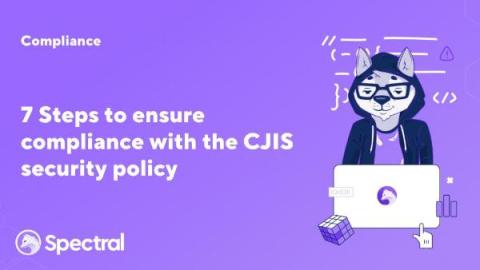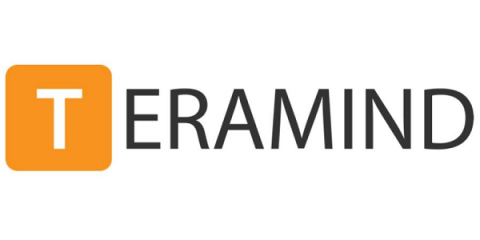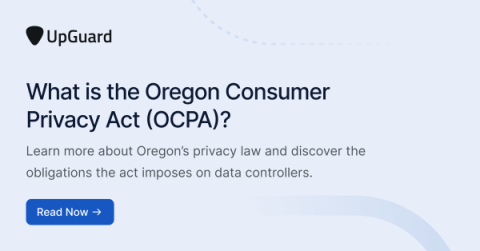Non-repudiation: Your Virtual Shield in Cybersecurity
In the digital world, where countless users communicate, share data, and engage in diverse activities, determining the origin and actions behind these interactions can be quite challenging. This is where non-repudiation steps in. Coupling other security factors, such as delivery proof, identity verification, and a digital signature, creates non-repudiation. This guarantees that the parties involved in the transmission are unable to renounce the execution of an action.











